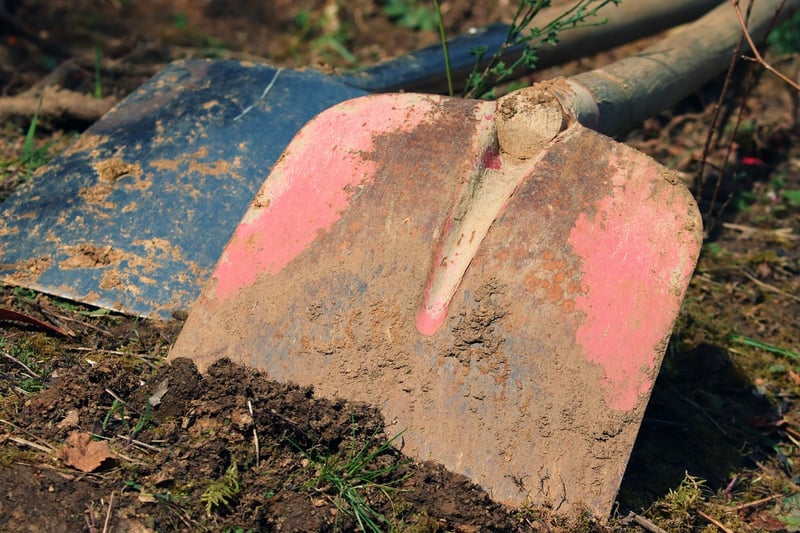Soil improvement
Enhance Your Garden with Expert Soil Improvement Tips
Having healthy soil is the foundation of a successful garden. Whether you are a seasoned gardener or just starting out, improving your soil can make a significant difference in the health and productivity of your plants. Here are some expert tips to help you enhance your garden soil:
1. Test Your Soil
Before making any amendments to your soil, it's essential to know its current condition. You can easily test your soil's pH levels and nutrient content using home test kits or by sending samples to a professional lab for analysis.
2. Add Organic Matter
Organic matter such as compost, manure, or leaf mold is a fantastic way to improve soil structure, fertility, and water retention. Mix in organic matter regularly to enrich your soil and provide essential nutrients for plant growth.
3. Mulch Your Garden
Applying mulch around your plants helps retain moisture, suppress weeds, and regulate soil temperature. Organic mulches like wood chips, straw, or grass clippings also break down over time, adding valuable nutrients to the soil.
4. Rotate Your Crops
Rotating your crops each season can help prevent soil depletion and nutrient imbalances. Different plants have varying nutrient needs, so changing the planting location annually can maintain soil health and reduce the risk of pests and diseases.
5. Avoid Compaction
Soil compaction restricts root growth and reduces air and water infiltration. Avoid walking or working in wet soil and use raised beds or pathways to minimize compaction in your garden.
6. Consider Cover Crops
Planting cover crops like clover, buckwheat, or winter rye during the off-season can protect and improve your soil. Cover crops prevent erosion, suppress weeds, and add organic matter when tilled back into the soil.
7. Use Natural Amendments
Instead of synthetic fertilizers, opt for natural soil amendments like bone meal, kelp meal, or fish emulsion. These organic products provide slow-release nutrients and improve soil structure without harming beneficial soil organisms.
By following these expert soil improvement tips, you can create a thriving garden with healthy, nutrient-rich soil that supports robust plant growth. Start implementing these strategies today and watch your garden flourish!

For more gardening tips and tricks, visit Home and Garden.
